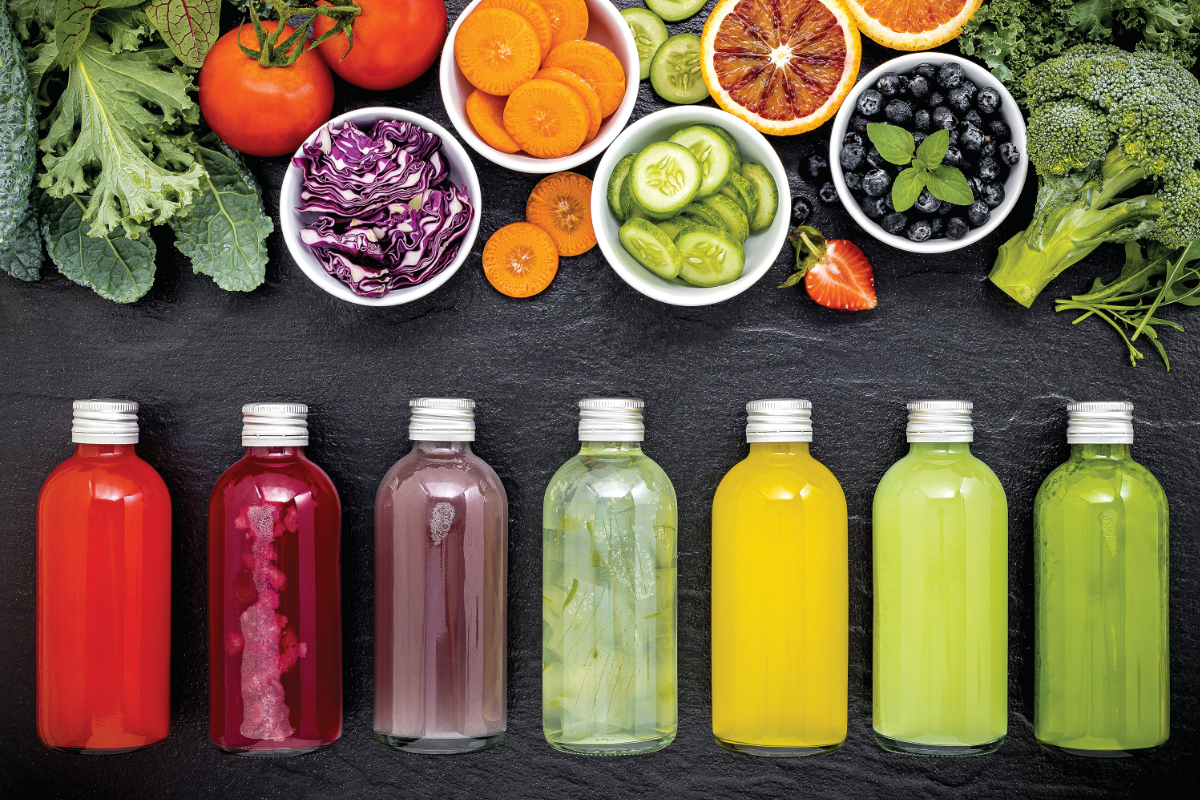Two billion kilos may be generated via an ‘all-in’ deposit go-back device for liquids cans and bottles, an assessment executed by the Government has found. Highlighted by using the nation-state charity Campaign to Protect Rural England (CPRE), the evaluation demonstrates that the ‘all-in’ scheme – which applies to drinks cans and bottles of all sizes and substances (such as plastic and glass) – would benefit the UK financial system ways more over the subsequent ten years than the other machine proposed using DEFRA (the Department for Food, Environment and Rural Affairs).
The ‘assessment shows that the on-the-move alternative – which only applies to drinks containers of 750ml max – might generate simply £250 million. Recycling liquid containers through deposit schemes should grow the recycling charge of cans and bottles by over 90%, CPRE says. Conversely, this might supply enormous savings to the Treasury, local councils, and taxpayers as less could be spent on waste sent to landfills and cleanse up consequential litter. It also produces less air and water pollution, and via recycling, carbon emissions are decreased as well. The packaging and beverages producers, lightning councils, and taxpayers’ monetary load also pay for deposit schemes directly.
CPRE urges the Government to undertake the ‘all-in’ scheme, which they say is not simply more economically viable but usually more effective. The on-the-move system omits liter bottles and other larger-sized vessels – in addition to multipack liquids bins, even the ones falling underneath the 750ml limit – which, CPRE argues, makes it more complex for clients to apply, consequently renders it robotically less beneficial for the environment.

“This is yet greater proof of the high-quality impact that a deposit return gadget could have on society,” Maddy Haughton-Boakes, Litter Campaigner at CPRE, stated. “Taking us towards a circular economy, we will recycle almost all of the liquid cans and bottles we consume, slow down the depletion of scarce sources, and reduce carbon emissions to have an enduring high-quality impact on our nation-state and surroundings.
“And if that wasn’t top enough, [the all-in] solution will generate billions of kilos for our economy. The Government can ensure England receives the only economically viable deposit system internationally. “A failure to make certain that each one drinks boxes – of all sizes and materials – are blanketed in the scheme could be a clear signal that they have been placing the earnings of vested pastimes above the blessings to society, the economy, our countryside, and surroundings.”
The Government is expected to decide which scheme to undertake later this summer. College Drinking is one of those matters that the general public assumes college students participate in. While consuming in university is best in moderation, excess ingesting can cause many issues, which include:
Lowered grades
Lower motivation to Study
Increased Laziness
Dependence on Alcohol for Socializing
Poor Decision
Health Problems
Alcohol Intoxication
Weight Gain
While I’m sure you’re already familiar with these risks of university drinking, you may not have realized how negatively alcohol consumption impacts your fitness and “physique.”
College Drinking and Your Weight
The extra alcohol you drink and the extra regularly, the much more likely you’ll begin gaining weight. Alcoholic liquids generally tend to have a first-rate amount of energy in them. Beers typically have at least one hundred power in line with drink! Having five drinks is similar to ingesting a Big Mac. While drinking once every week may not affect your weight, any extra can lead to fat advantages and other health troubles.





